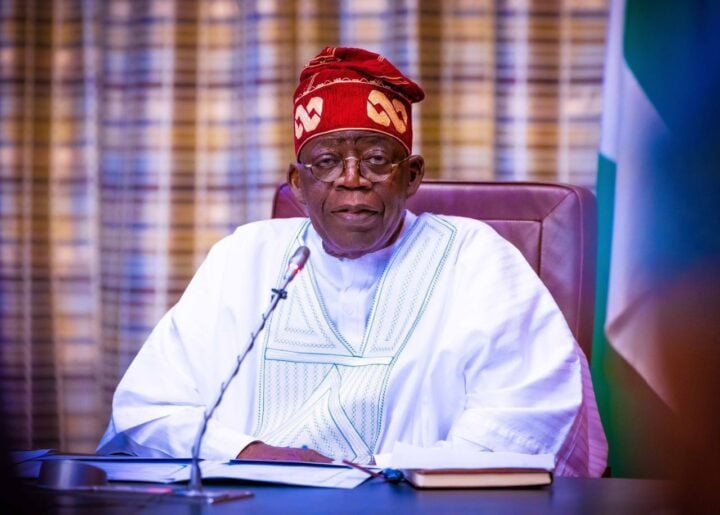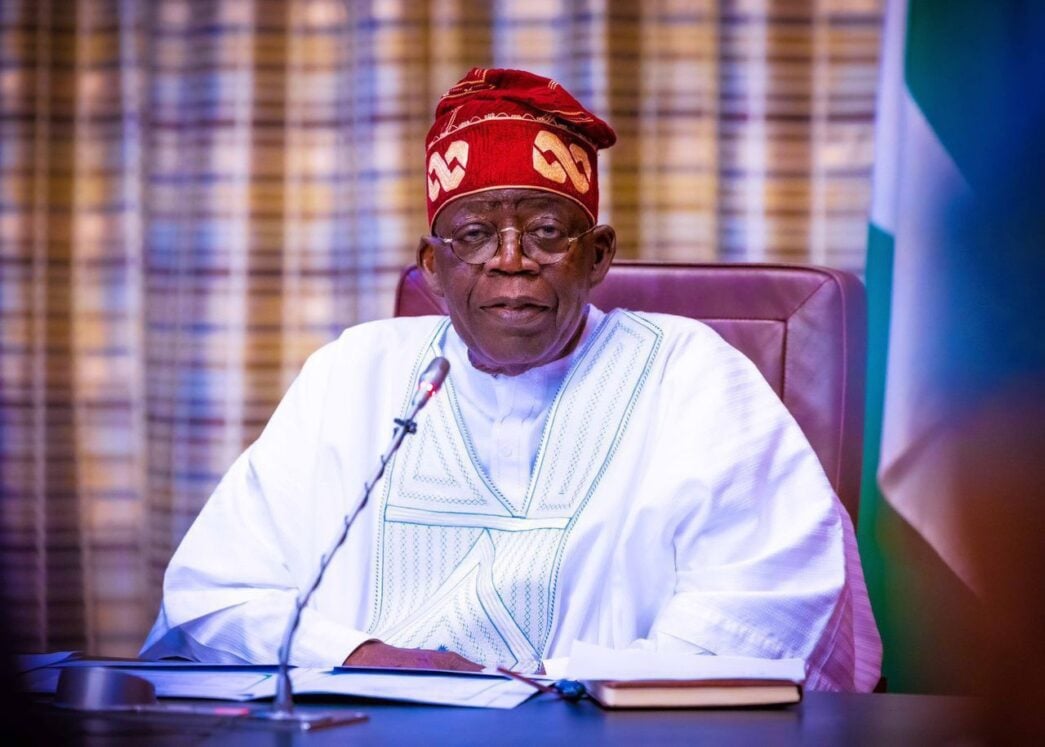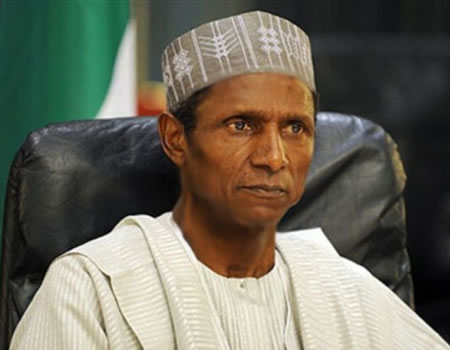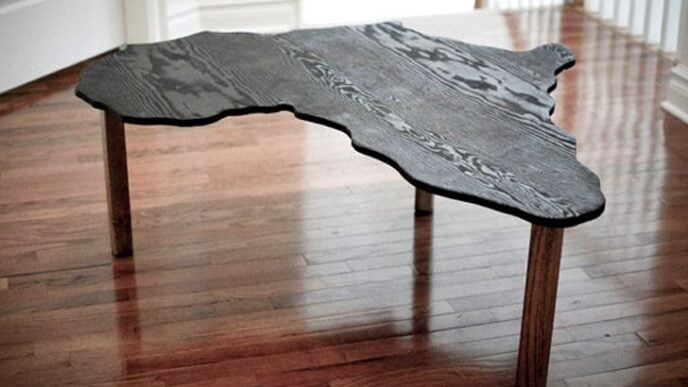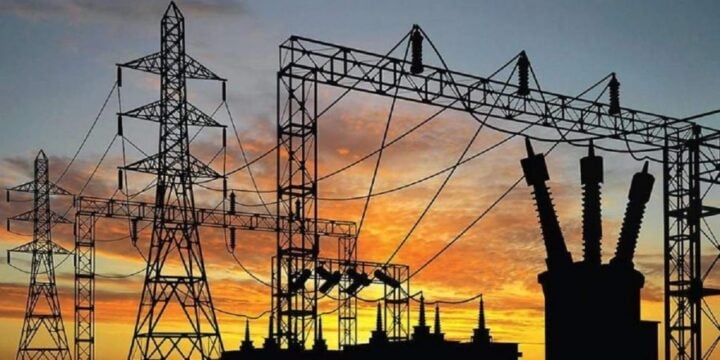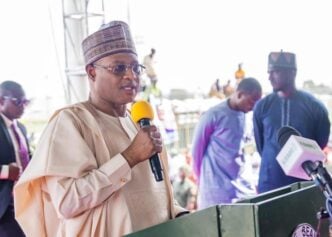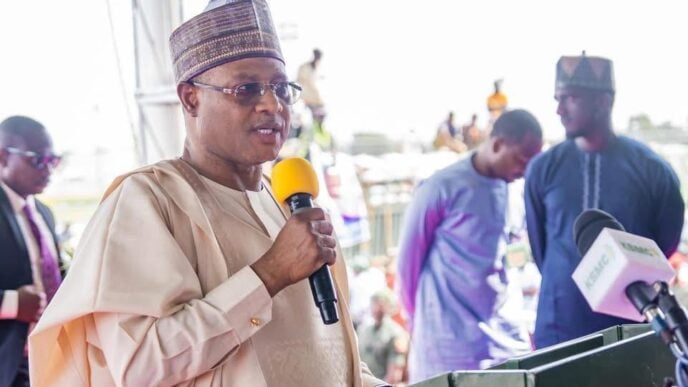President Bola Tinubu
BY WOLE AMEYAN
It has been just over two years since President Tinubu took office, and my overall assessment of his tenure so far would be summarised thus: President Tinubu inherited the liabilities and assets of preceding governments. On the liabilities, there is no doubt that he has done very well in turning those around into assets. On the assets, there is also little doubt that he has somehow managed to turn some of those into liabilities, but he inherited more liabilities than assets.
From his days as senator to his years as governor of Lagos State, President Tinubu comes across as visionary with a pragmatic understanding of the shark-infested world of Nigerian politics. He understands quite correctly that niceties and good intentions alone win you nothing in the quite unique sphere of Nigerian politics, overwhelmingly peopled by cutthroat hustlers, like in many parts of the world.
To have any chance of successfully implementing a vision, you first need to identify and match these cutthroats in their game – outmanoeuvre some, outthink others, delete some, cut deals with others, ignore some and befriend others. The end justifies the means, so long as people-centred outcomes dictate the end. You must be gung-ho in our political landscape – stoop to conquer, swim with sharks, run with the hare and hunt with the hounds. President Tinubu has followed this path to quite spectacular success.
Advertisement
Navigating Nigeria’s political terrain needs a president who is politically savvy, street cunny and understands the intricacies that interweave politics and governance. More than that, a president who is ready and willing to painstakingly build political credit only to then use those to make the political sacrifices that are necessary to move the nation towards peace, growth and prosperity.
President Buhari, with his straitjacket politics, clearly struggled with the politics, and this became a liability. Tinubu, of course, is quite the political schemer. Indeed, his political IQ is so extreme, he must have a personal way of curbing his instincts for politics lest it becomes an albatross. But that is a separate discussion. Tinubu’s understanding of Nigeria’s political terrain has been an asset and a blessing, and the president has used this skill to the nation’s benefit.
A case in point is the political upheaval in Rivers state, an oil and economic lifeline of the country. A full-blown political logjam in Rivers state would have had profound negative consequences for Nigeria’s oil production and therefore its economic survival at a time when we simply could not afford that. Under Buhari in 2022, the production of oil — by far Nigeria’s greatest export — fell to its lowest level in more than two decades due to theft in the Niger Delta. That story has changed with deft political, security and technocratic manoeuvres ensuring that Nigeria’s average daily crude production rose above the quota allocated to it by the Organisation of the Petroleum Exporting Countries in June 2025.
Advertisement
The future of a sustainable and modern Nigerian economy is not protectionist. Rather, a thriving Nigerian economy must be built on progressive, liberal, and incentive-driven ideals and ideas. It should be free and open, competitively driven and aggressively powered through a balance of soft but rational and highly effective checks and balances, self-reliance, and a balanced, mutually beneficial interdependence of national, regional, and global actors. Previous economic policies were based on the right intentions, but too rigid and autonomous without the linkages and relationships needed to robustly absorb shocks and to self-appraise critically and meaningfully.
Border closures, just as an example, can imbue self-reliance and stimulate local production, but policies like these are not just futile, they are ineffective, unsustainable, and counterproductive in the long run, as they fail to counteract for shrinking opportunities, decreasing competitiveness, and the waning economies of scale needed to drive efficiency, innovation, and growth. Tinubu has gotten his macroeconomic policies spot on. The removal of fuel subsidy, floating of the Naira, forex exchange harmonisation and tax reforms are painfully needed policies to reset our economic psyche, reformat our fiscal soul, modernise our economy, encourage internal and external competition and jumpstart a national rebirth that will serve future generations if upheld, defended and maintained. The effects of the current fiscal and monetary policies are certainly being negatively felt, especially downstream with high inflation, but those will calm.
President Tinubu will have to watch it on fostering multiparty democracy. On this, President Buhari, an army general, did so well in promoting and indeed advancing a level playing field for all political parties. He was fair and had a principle of noninterference that sometimes was to the detriment of his own party. Here, President Tinubu has turned a great asset on its head. There was a certain level of trust in the Buhari administration’s capacity to let political institutions work independently, which seems to be drifting away now.
President Tinubu has an election to win in 2027, but more than that – as a stateman – he has a nation to build. Political institutions and how they mature and operate independently are legacies that he needs to guide and protect. Citizens should be encouraged to ask compelling questions of their leaders and empowered to influence policy and decision-making, including but not limited to voting, but also to protesting and engaging in civil activism on and offline. President Tinubu needs to safeguard effective citizen participation, guarantee diverse political alliances and perspectives as crucial ingredients for a progressive, inclusive and participatory democracy.
Advertisement
Tinubu’s agricultural reforms need visible successes to inspire any kind of hope. It is true that a few of the much-needed economic reforms President Tinubu has rightly championed have resulted in some of the short-term pains we are seeing today. However, reducing food inflation based on direct market effects by structurally and systematically increasing supply must be followed through, in words and in deeds, without let or hindrance. Under President Buhari, to his eternal credit, Nigeria became Africa’s largest rice producer. Nigerians await clear results – increased and sustained production and processing of home-grown food staples and clear, significant outcomes – substantially reduced food inflation.
As fellow Nigerians, we must be fair to ourselves and be fair to our leaders. This is, of course, a tough ask in the face of biting economic hardship. The fact is that we must shift from a piecemeal, rent-seeking approach to nation-building to a systematic, values-based, creative, and competitive approach. That would take short but ultimately long-term planning. That would take sacrifices on all sides. That would take a shift from thinking along political party lines to thinking across political party lines. That would mean running a country where we get what we give. A country run on solid graft and not pity palliatives – where you sow what you reap, where you shove destiny, and you expect destiny to shove right back. A country that provides a level playing field for its people to work and thrive.
We forget, but in the years just before and well before the Buhari administration, the topic of credible campaign, intense debate, and passionate discussions that united the citizenry and galvanised opposition politicians, political parties and civil activists revolved around official graft and grand corruption, authority stealing and astronomical looting. Today, having listened carefully to the many leading and credible opposition voices, the thrust of the conversation has changed quite dramatically. It is a testament to our positively maturing democracy and governance that the conversation is no longer about primitive stealing, corruption and theft.
The conversation has now shifted to issues around misplaced priorities and management. The main thrust of the opposition campaign today seems to be: “We do agree with the major policies of this administration. We would have implemented the same policies but in a far better organised and therefore more productive manner”. That, for me, is a credible campaign theme that the opposition needs to refine, present to the electorate, demand credible elections and wait for the decision of Nigerians.
Advertisement
We must now all focus on sound, calm but stable leadership. We need leaders who will stay the course so long as it is the right course. We need leaders who will keep their heads when others are losing theirs. As a country, we cannot continue to measure success or failure through the lens of sporadic boom or doom. Indeed, short-term hardship could be a testament to potent and progressively positive economic policies and a pointer to future rejuvenation and rebirth. And we need that rebirth. But our leaders must make it make sense.
To all Nigerians – leaders, followers and those in-between – this truly is a time for calm heads, steady reflection, and national inflection. We need to keep the course, keep our heads, hold our nerves. We absolutely should not suffer or tolerate hardship just for the sake of it. However, the indices – political, economic, social – all seem to gravitate towards a particular direction: Today’s hardship seems a rational pointer to tomorrow’s revival.
Advertisement
Wole Ameyan works for the World Health Organisation in Geneva and writes as a Nigerian living in Switzerland. He can be reached at [email protected]
Advertisement
Views expressed by contributors are strictly personal and not of TheCable.
